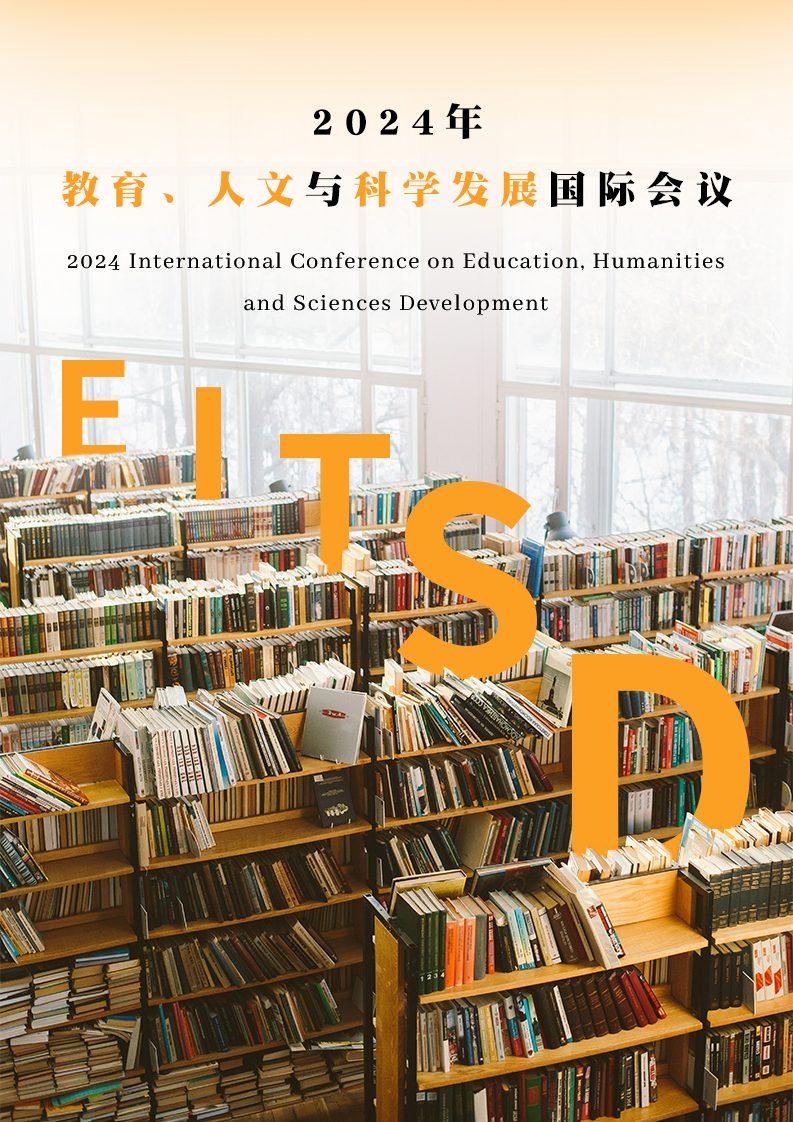Exploration and Construction of Innovative Paths for the New Higher Vocational Smart Pipeline Network Curriculum System from the Perspective of Industry Education Integration

Authors:
Xin Sui, Ye Li, Ying Shi, Yuhong Gu
Keywords:
New-type higher vocational education; intelligent management network; integration of industry and education; curriculum system
Doi:
10.70114/ahmer.2024.1.1.P105
Abstract
Creating a new type of vocational education represents a pivotal measure adopted by Shanghai in actively responding to the national vocational education reform initiative and optimizing the local vocational education landscape. In this endeavor, the integration of industry and education is deemed as the linchpin for fostering the high-quality development of the emerging vocational education sector. By deeply integrating industrial and educational resources, we have implemented a "triple-double" collaborative mechanism, encompassing dual subject participation, dual combination interaction, and two-way mutual employment. This mechanism aims to forge a novel paradigm for the integration of smart pipeline network industry and education. On this foundation, we have redesigned the teaching and curriculum systems for the Smart Pipeline Network professional group, tailored to meet the demands of industry-education integration. The new system encompasses shared platform courses, distinctive modular courses, and innovative extension courses. This reform effectively addresses the issue of isolated professional courses and the wastage of scattered teaching resources that previously existed. This article further elucidates the core ideas and essential considerations underpinning the construction of this curriculum system, aiming to serve as a reference for similar educational reforms


